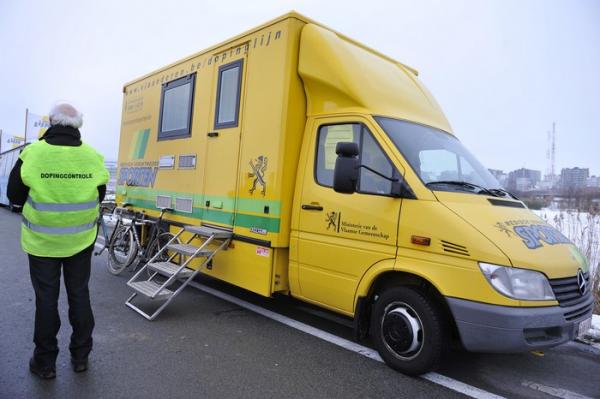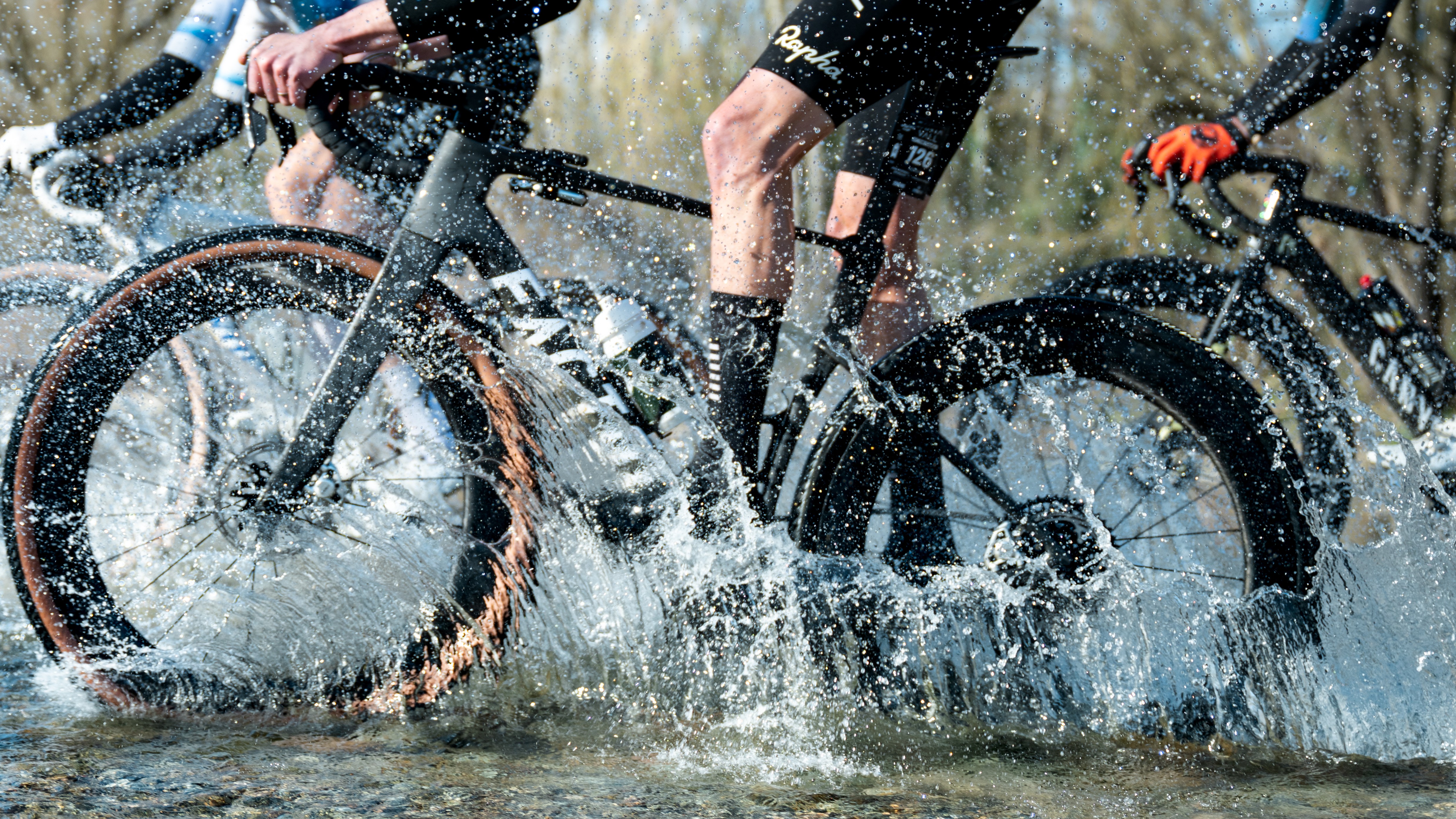Four positives for black market drug in Vuelta a Costa Rica
GW-501516 detected in unidentified riders
The latest race content, interviews, features, reviews and expert buying guides, direct to your inbox!
You are now subscribed
Your newsletter sign-up was successful

The Costa Rican Cycling Federation (FECOCI) issued an official statement that confirms four “Adverse Analytical Findings” following the anti-doping controls taken during the 48th edition of the Vuelta Ciclista Internacional a Costa Rica, a UCI 2.1 road cycling tour held last December.
“We are just messengers”, said FECOCI’s President Hernán Solano to local newspapers. “The UCI asked us to verify that the four riders were correctly notified and now it is a process between the riders and the UCI."
Even though the names and details haven’t been revealed yet, a local journalist has cited “an unidentified official source” saying all four cases - Costa Rican riders - came out with the same adverse result for GW-501516.
RusVelo's Valery Kaikov became the first cyclist to face a sanction for the drug after an out-of-competition sample taken on March 17, 2013 showed traces of the substance.
The doping substance which was recently identified by the World Anti-doping Agency is a weight-loss drug that was never approved by the pharmaceutical company, Glaxo, which produced it because of toxicity detected during the pre-clinical tests.
WADA issued a serious warning in March that revealed the presence of the substance on the black market and confirmed several AAFs on athletes who had access to and used it as a performance enhancement.
The press release from the Costa Rica Cycling Federation reminded that the possible penalties might vary from a minimum two-year ban for a first-time cheater to a lifetime ban if the person already served a sanction in the past.
The latest race content, interviews, features, reviews and expert buying guides, direct to your inbox!
The cyclists involved may now ask to for “B” sample analysis, or accept the initial result, in which case, the Costa Rican Cycling Anti-doping Commission will determine the penalties.
